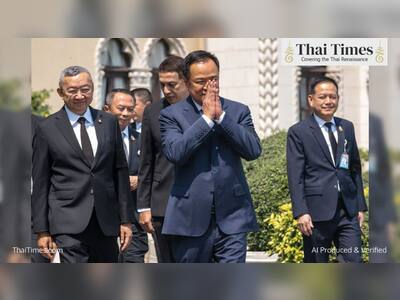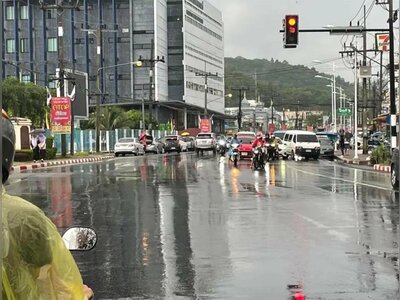Thailand's Electric Vehicle (EV) Ambitions Depend on Workforce Development: FTI
The Federation of Thai Industries (FTI) has stressed that enhancing the skills of the workforce is essential for Thailand to achieve its goal of becoming a leading EV hub. They advocate a focus on reskilling and upskilling workers within the next five years.
Suphot Sukphisarn, head of FTI’s Autoparts Group, highlighted the need for electrical and circuitry expertise, areas where the current workforce is deficient, but which are vital for the EV sector.
Despite having 23 key auto parts makers and a workforce of over 700,000 demonstrating its strong mechanical manufacturing capabilities, Thailand must advance its electrical skills to keep pace with the industry.
A report by EY-Parthenon indicates that the ASEAN-6 countries (including Thailand) may see a 16-39% annual increase in EV sales through to 2035, potentially reaching 8.5 million vehicles, with Thailand expected to be the second-largest market.
However, the report also mentions significant challenges such as the need for substantial initial investment, the development of charging stations, and the establishment of an EV supply chain. Thailand ranks second after Singapore in EV readiness.
EY's audit partner Preecha Arunnara observed that concerns over climate change and air quality are influencing consumer preferences and national policies towards electric vehicles.
Despite having 23 key auto parts makers and a workforce of over 700,000 demonstrating its strong mechanical manufacturing capabilities, Thailand must advance its electrical skills to keep pace with the industry.
A report by EY-Parthenon indicates that the ASEAN-6 countries (including Thailand) may see a 16-39% annual increase in EV sales through to 2035, potentially reaching 8.5 million vehicles, with Thailand expected to be the second-largest market.
However, the report also mentions significant challenges such as the need for substantial initial investment, the development of charging stations, and the establishment of an EV supply chain. Thailand ranks second after Singapore in EV readiness.
EY's audit partner Preecha Arunnara observed that concerns over climate change and air quality are influencing consumer preferences and national policies towards electric vehicles.











